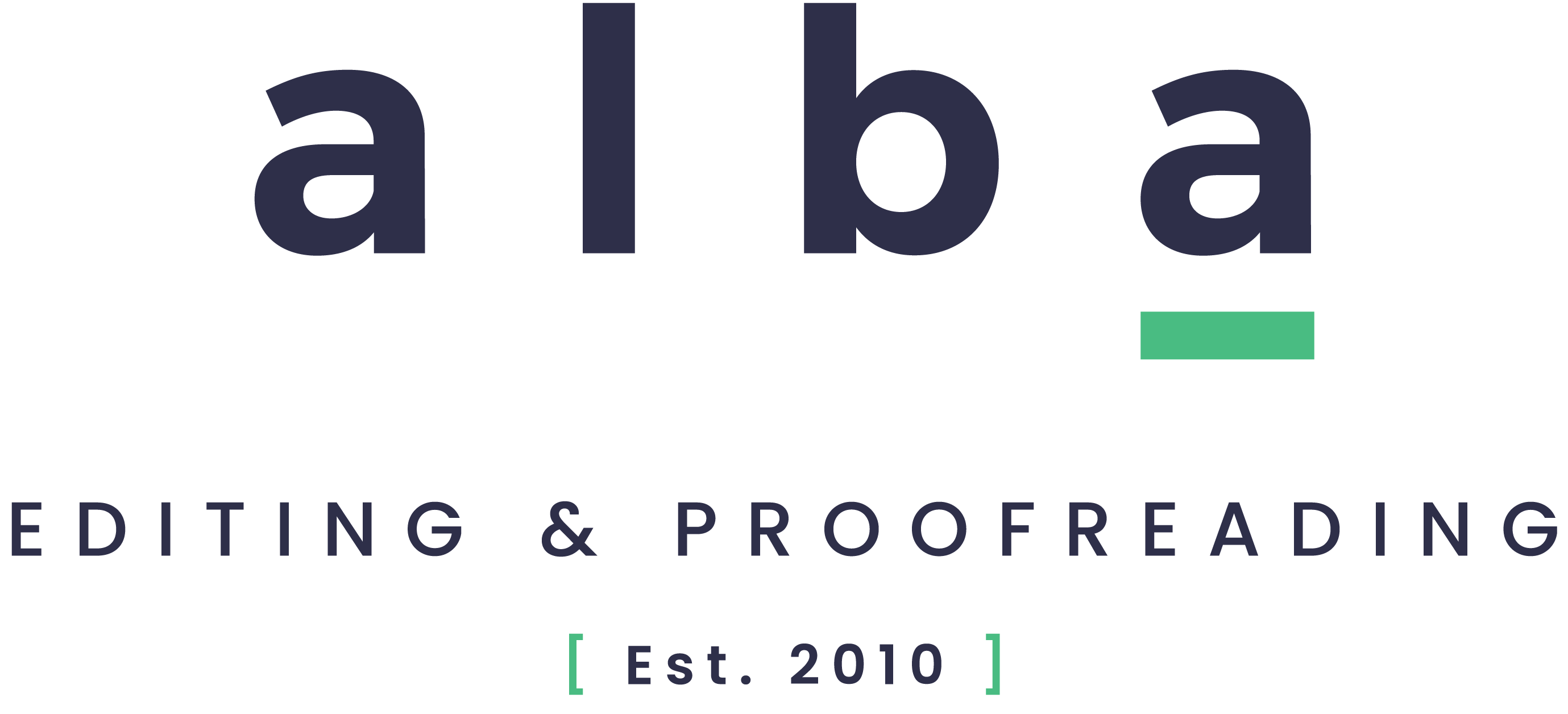Сontact us
enquire@albaediting.com
Home
It seems we can’t find what you’re looking for. Perhaps searching can help.
how can we help you?
We are always available for our clients at each and every stage of any given task
FAQ
All changes are made and comments added using ‘track changes’ – therefore everything done to the document is clearly visible to the client upon its return.
A typical document (2,000 – 10,000 words) can be returned fully edited/proofread within 2-4 days. Quicker turnarounds are also possible upon request.
As we place a strong emphasis on building trust with clients, payment is made after the job is completed. At that point, clients are issued an e-invoice for secure online payment, or a traditional invoice for bank transfer.
